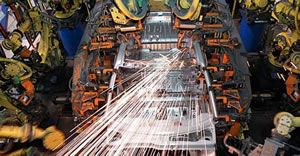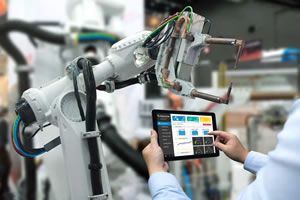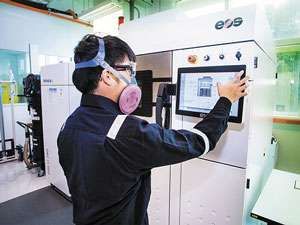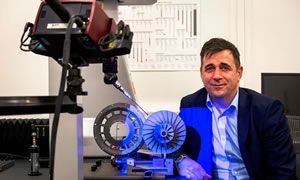40% of Small Manufacturers Likely to Hire this Year
Modified, 3D-printable Alloy Shows Promise for Flexible Electronics, Soft Robots
Big Opportunities in IoT Tech for Process Manufacturing
The U.S. and China Invest Heavily in Industry 4.0 Technologies to be the World's Largest Manufacturer
Can US Boost Manufacturing 25% By 2025?
Britain must embrace 'Industry 4.0' as robots can create thousands of jobs, says report
Capgemini: Smart factories could add $1.5trn to global economy
Toward additive manufacturing
Smart Factories Will Deliver $500B In Value By 2022
State of 3D Printing 2017
Robotics, AI"‹"‹ and 3D printing could close UK's productivity gap
Optimism Down Among Small Manufacturers
New Research Could Help Speed Up the 3D Printing Process
Closing US Manufacturing Trade Deficit Would Create 1.3M Jobs, Says Tech Think Tank
Manufacturers raise investment in next-gen tech, survey says
Records 31 to 45 of 54
First | Previous | Next | Last
Featured Product

Super Air Knife Replaces Blowers & Saves Energy
Manufacturing and Automation - Featured Company




.jpg)










